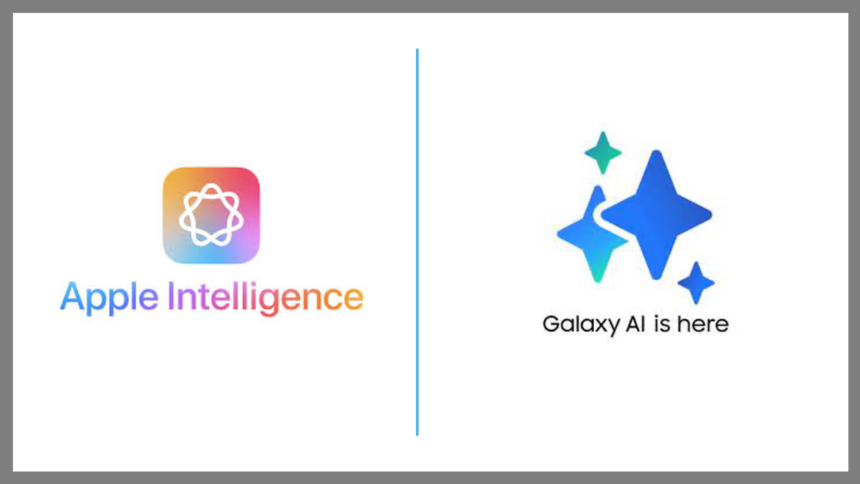Generative AI is all the rage in smartphones, with segment leaders Apple and Samsung integrating these features into their latest devices. But are users actually impressed? A recent survey shows that, mostly, smartphone owners aren’t finding much value in the AI tools on their iPhones and Galaxy phones. Here’s a look at the findings and what they mean for the future of AI in mobile devices.
What’s Happening & Why This Matters
A new survey conducted by Sellcell.com reveals that most iPhone and Samsung users feel that the AI features on their devices add little to no value. Of the more than 2,000 respondents, 73% of iPhone users and 87% of Samsung users said the AI features didn’t significantly improve their smartphone experience.
The survey targeted users of the latest AI-supported devices, such as the iPhone 16 and Samsung Galaxy S24. These customers aren’t necessarily anti-tech—after all, they bought the latest phones—but they are simply unimpressed by the AI offerings. The survey found that a higher percentage of iPhone users (47.6%) considered AI features important when deciding which phone to buy, compared to only 23.7% of Samsung users.
Apple Intelligence Struggles to Make an Impact
Apple’s AI features, introduced with iOS 18.1 in October, seem to fail to meet expectations. The survey found that just 11.1% of iPhone users believe Apple Intelligence adds significant value to their smartphones. Over half of iPhone users (58.4%) hadn’t even tried the new features yet, mainly because they hadn’t updated to the latest software, didn’t find the features helpful, or found them inaccurate.
Among those who did try Apple Intelligence, the most popular features were writing tools (72%), notification summaries (54%), and priority messages (44.5%). However, AI-enhanced Siri was the least popular, with just 3.1% of users trying it. Apple had planned to overhaul Siri by 2025, but that release has now been delayed until 2026, further raising doubts about its effectiveness.

Samsung Galaxy AI Faces Similar Disappointment

Samsung’s Galaxy S24 lineup, which introduced generative AI features a few months before Apple’s, also received lukewarm feedback. When asked if Galaxy AI features added significant value, 51.9% of Samsung users said “no,” and only 5.9% found them “very valuable.” Like Apple, many Samsung users (53.1%) hadn’t tried the latest AI tools, with reasons including perceived uselessness, inaccuracy, and privacy concerns.
Despite the lackluster reception, some Samsung AI features did gain traction. “Circle to Search” was the most popular feature (82.1%), followed by “Photo Assist” (55.5%). However, more specialized tools like Samsung’s transcription and translation features saw minimal use, with some tools barely breaking into the 1% range.
Brand Loyalty Shows Signs of Cracking
Despite being dissatisfied with AI tools, Apple and Samsung retain their loyal customer base. Only 16.8% of iPhone users said they would consider switching to a Galaxy phone if its AI features were improved. Even fewer Samsung users (9.7%) said they’d switch to an iPhone for better AI features. However, Apple is seeing a slight dip in brand loyalty, with 78.9% of iPhone users still preferring their devices over Samsung, a 13 percentage point drop since 2021.
TF Summary: What’s Next
The results of this survey suggest that smartphone AI features are still far from revolutionary in users’ eyes. While both Apple and Samsung continue investing heavily in AI, the available tools don’t seem to add enough value to justify the hype. As both companies refine their AI offerings, focusing on functionality, accuracy, and user experience will be crucial to regain consumer interest.
The lack of excitement surrounding AI features may push Apple and Samsung to rethink approaches that improve their tools’ real-world utility. Whether these updates can reverse the trend of user apathy is TBD.
— Text-to-Speech (TTS) provided by gspeech


